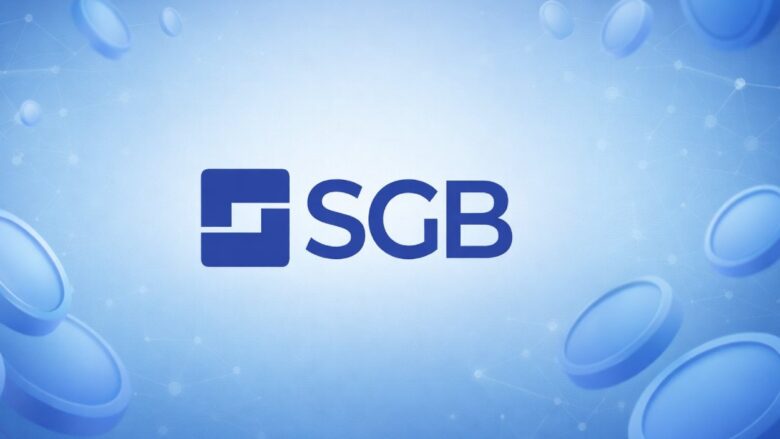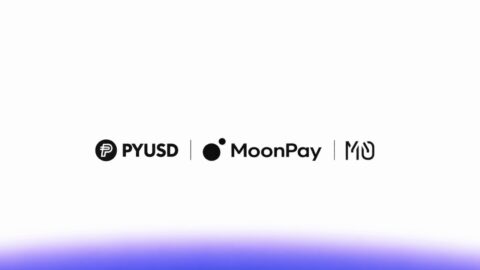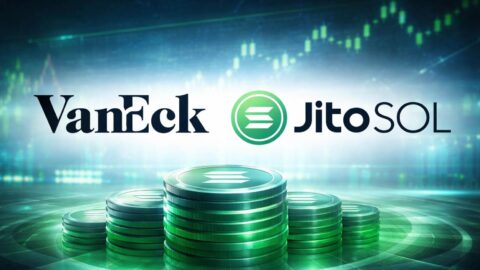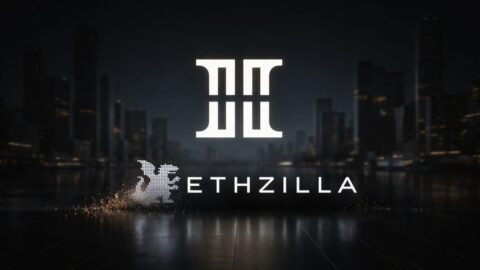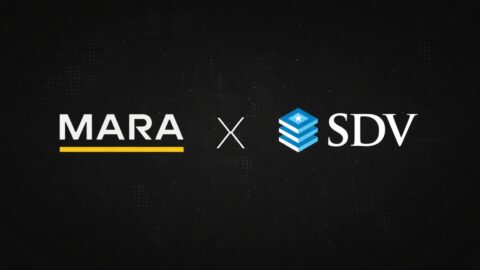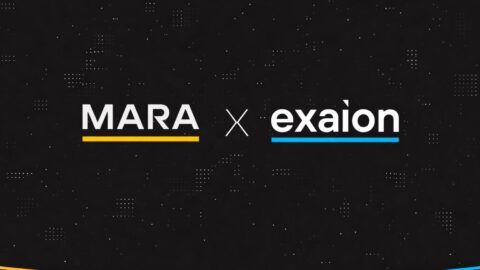Stablecoin infrastructure startup Bastion has raised $14.6 million in fresh funding to help companies launch digital dollars with no code or regulatory burden.
Key Takeaways
- Bastion secured $14.6 million in a funding round led by Coinbase Ventures, with participation from Sony, Samsung, Andreessen Horowitz (a16z) Crypto and Hashed.
- The startup offers white-label stablecoin platforms allowing firms to launch compliant digital dollars without technical or licensing hurdles.
- Bastion’s tools include custodial wallets, off-ramps to cash in over 70 countries, smart transaction routing and analytics.
- The round follows a $25 million raise in 2023, bringing Bastion’s total funding to over $40 million.
What Happened?
Bastion, a rising player in the stablecoin infrastructure space, has raised $14.6 million to support the growing demand for enterprise-grade digital dollar solutions. The round was led by Coinbase Ventures and included investment from major tech names like Sony, Samsung Next, and crypto-focused VC firms a16z Crypto and Hashed.
The company provides a no-code, fully compliant platform for businesses to issue their own branded stablecoins, aimed at accelerating Web3 adoption without the steep regulatory or technical lift.
1/ After months of building in stealth mode, we are ready to introduce ourselves and announce our $25M fundraise led by @a16zcrypto.
— Bastion (@BastionPlatform) September 18, 2023
We are Bastion, and we are here to help brands and businesses build a digital world that people actually want to live in 🧵👇 pic.twitter.com/mZPCxo1yRl
Bastion’s Mission to Power the Next Generation of Stablecoins
Led by Nassim Eddequiouaq, a former executive at Meta and a16z who worked on Meta’s now-defunct Libra project, Bastion is aiming to be the backbone for global stablecoin issuance. The platform was designed from the ground up to support third-party use, offering:
- White-label issuance of stablecoins without requiring clients to code or obtain licensing.
- Custodial wallets and user-friendly interfaces.
- Cash off-ramps in more than 70 countries.
- Smart transaction routing and data analytics to improve Web3 integrations.
The firm has been operating in stealth mode, refining its product suite and quietly building partnerships. Bastion’s CEO said the company is seeing especially strong demand from enterprise customers in Asia, and plans to announce its first corporate clients within the next nine months.
Positioned for a Booming Stablecoin Market
The funding comes amid a sharp uptick in corporate and institutional interest in stablecoins. Stripe’s $1.1 billion acquisition of stablecoin startup Bridge, Circle’s public debut, and Tether’s reported $20 billion raise all point to an industry in rapid expansion.
Current market data shows the stablecoin market cap at $299 billion, with $118.9 billion in daily trading volume. Tether (USDT) leads with $173 billion, followed by USDC ($73.9B), USDe ($14.6B), USDS ($8.1B), and DAI ($4.7B). These five account for more than 90% of the sector.
On the global front, corporate and governmental initiatives are accelerating:
- Apple, Google, Airbnb and X are exploring stablecoin integrations.
- PayPal expanded its PayPal USD stablecoin to eight new blockchains.
- Kazakhstan’s central bank launched a fiat-pegged stablecoin with Mastercard and Solana.
- EURAU, a euro-backed stablecoin supported by Deutsche Bank, launched on Ethereum.
- Société Générale-backed Bullish Europe introduced its own stablecoin.
Bastion Eyes Global Scale With Fresh Funding
With this funding, Bastion plans to expand its team, especially in compliance, treasury, legal and revenue operations. The goal is to make the platform even more scalable and secure for global enterprise use.
Although the startup has not disclosed its valuation, its total funding now exceeds $40 million, positioning it competitively alongside players like Paxos and newer entrants such as Agora.
CoinLaw’s Takeaway
In my experience covering the Web3 and fintech space, the real bottleneck for stablecoin growth has always been infrastructure and regulation. Bastion smartly removes both of these barriers. The fact that companies can now launch fully compliant digital dollars without writing a single line of code is a massive leap forward. What I found particularly impressive is Bastion’s global off-ramp support and its early traction in Asia. With major firms like Coinbase, Sony and Samsung backing this venture, I wouldn’t be surprised to see Bastion become the go-to provider for enterprise stablecoins over the next couple of years.






